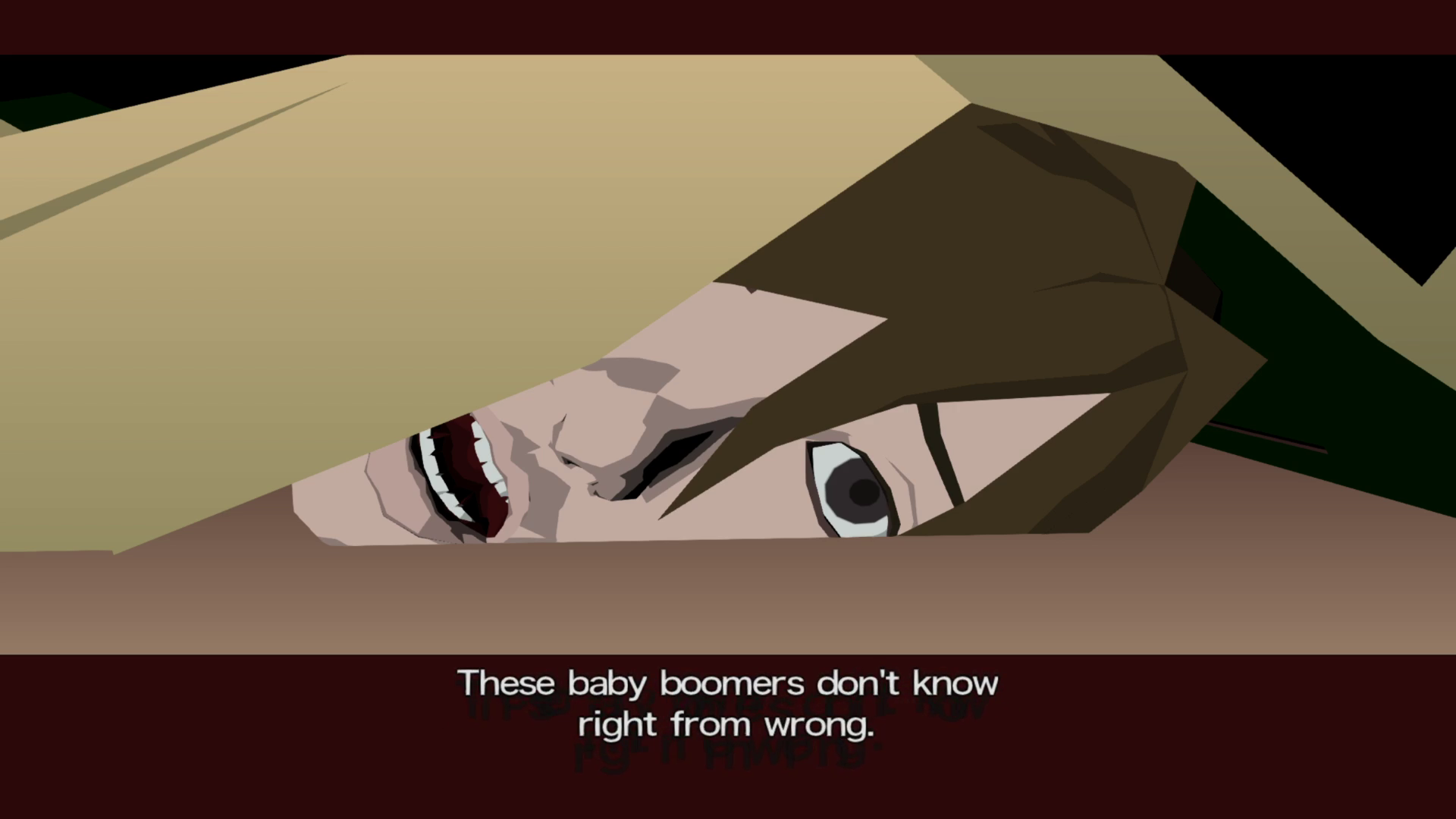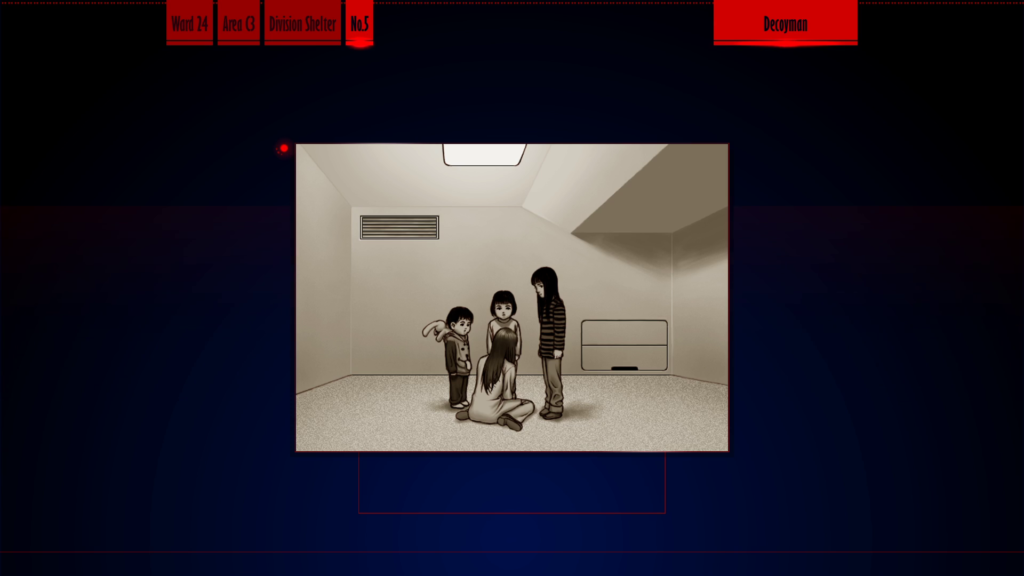Olly Haynes opens the essay “The Future is Cancelled” with, “It is not a fun time to be twenty-two,” just one year younger than the Kamui Maspro Shelter Kids are in The Silver Case. (They are four in 1980. So they are 23 in 1999.) Haynes cites various writers, data, and personal observations to describe how climate change and neoliberalism have erased the hope of the young. Reflecting on the Occupy movement, Haynes writes that to the “Covid generation of graduates”—my own generation—“Even the paltry expectations of the Millennials who were young adults pre-crash seem fanciful. [… W]e’ve had it drummed into us to expect nothing when our time comes.” Haynes describes not just an inability to imagine a better future but a certainty of imminent death among the young: “they are quite sure that the future is cancelled, not in the sense that outcomes are getting worse and worse and there is no new culture, but in the sense that there will literally no longer be a future.”

Haynes cites Kier Milburn claiming that there is an increasing “fundamental recomposition of class largely along age lines in Britain, America, and the many Western European countries that saw populist insurgencies [in 2008].” But Haynes does not believe the young will really do enough, quickly enough, to stop the old men. Generational warfare is generally a distraction from class warfare, but that many of the rich and most politicians and dictators are old is inescapable. I am one of the many millions who identified with Greta Thunberg telling the UN in 2019, “[Y]ou come to us young people for hope. How dare you! You have stolen my dreams and my childhood with your empty words. […] You say you hear us and that you understand the urgency. But no matter how sad and angry I am, I do not want to believe that. Because if you really understood the situation and still kept on failing to act, then you would be evil.” Of course, after listening to her, powerful people have still failed to act. One particularly famous powerful old man and predator, Donald Trump, went out of his way to personally insult Thunberg, an actual child, multiple times for even speaking up.
“Kamui is a black hole of information and conspiracy, immortal and dense, that pulls on anyone who strays too close while refracting the perceptions people have of him back into society” (Freeman 66). This is how the Kill the Past series refracts my own perceptions. I wish more people felt as enraged as Fujiwara. I wish also that the series was not so individualistic but made room for more collective forms of reckoning with the past.

In the 1999 of The Silver Case, the new millennium Kamui represented meant hope, change, possibility. The optimism remains in 2001’s Flower, Sun, and Rain. As Sumio points out to Kusabi in “KamuiDrome,” 2001 is the actual start of the new millennium. But a terrorist attacking an airplane, the focal point of the plot, may resemble the tone-setting disasters that began the new millennium when killer7 and The 25th Ward were actually written, programmed, designed, and released. And by 2005, following ongoing stagnation and the US invasions of Iraq and Afghanistan, when it was clear that real old men refused to address climate change, when it was even clearer the capitalist end of history was failing to deliver on its promises and would not die even as wealth inequality unsustainably widened, when governments everywhere lurched into more authoritarian poses (and continue to), the new millennium was shaping up to be something far different than an era of hope or possibility.